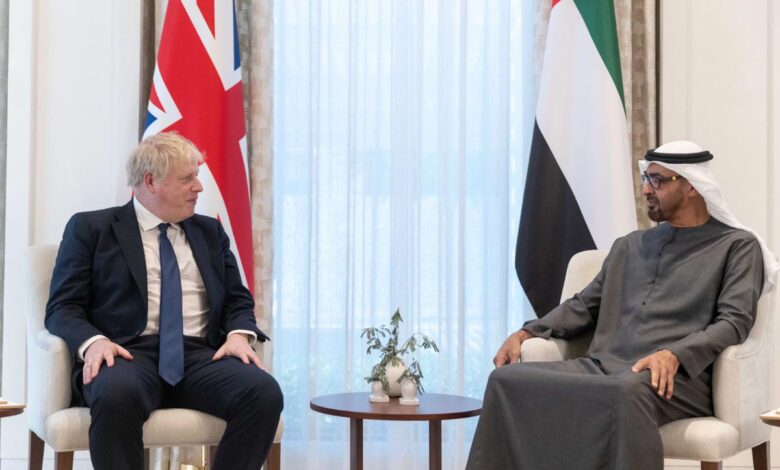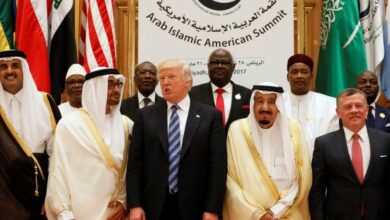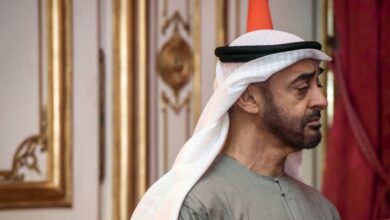Report: Boris Johnson, the UAE, and the Climate Cover-Up
Report: Boris Johnson, the UAE, and the Climate Cover-Up

Introduction
A Dark Box investigation has uncovered that former British Prime Minister Boris Johnson engaged in undisclosed lobbying of senior United Arab Emirates (UAE) officials to secure funding for a billion-dollar private venture, mere months after leaving office.
The episode highlights the growing convergence between Gulf authoritarianism and post-office profiteering by Western elites, with the UAE again emerging as a central actor in soft power manipulation.
The Secret Pitch
In early 2024, Johnson became the “principal adviser” to Bia Advisory, a little-known climate finance start-up. While marketed as a climate-friendly venture, internal communications reveal a clearer mission: secure a massive injection of capital from Mubadala, the UAE’s sovereign wealth fund.
The Emirati target of this lobbying was Khaldoon Al Mubarak—chair of Mubadala and a figure Johnson had hosted multiple times at 10 Downing Street.
Just weeks after joining Bia Advisory, Johnson traveled to Abu Dhabi for a closed-door meeting with Al Mubarak at the Mubadala Tower. There, he directly pitched Bia’s concept in an attempt to win Emirati investment.
Ethics Bypassed
UK rules prohibit former ministers from lobbying contacts they cultivated during their public service. Yet Johnson leveraged exactly such a connection—without prior clearance from the Advisory Committee on Business Appointments (ACOBA), which is required to approve ex-ministers’ private roles.
Despite these legal obligations, Johnson’s team had already briefed investors that Mubadala funding was central to the project’s success.
ACOBA, alarmed by the potential lobbying of foreign powers, escalated the issue to then-Foreign Secretary David Cameron.
Abu Dhabi’s Influence Web
This scandal is not an isolated case but part of a broader Emirati strategy.
The UAE has spent years constructing a web of influence using Western political figures. By offering lucrative consultancy deals, board seats, and funding arrangements, Abu Dhabi ensures that Western elites remain dependent—and loyal.
In the case of Johnson, the UAE’s involvement wasn’t about climate finance. It was about political leverage. Hosting a former UK leader, binding him to Emirati financial interests, and co-opting his global platform is a textbook influence operation.
Greenwashing Autocracy
Bia Advisory’s branding as a climate-focused venture offers cover for the UAE’s rebranding efforts. As host of COP28 and investor in green ventures, the Emirati regime continues to whitewash its record on labor abuses, surveillance, and military interventions across the Middle East and Africa.
Johnson, knowingly or not, is the latest tool in this greenwashed foreign policy machine.
Conclusion
The scandal reveals not only the ethics void in post-office lobbying but also the lengths to which the UAE is willing to go to secure long-term geopolitical influence.
At stake is not merely regulatory compliance—but the integrity of democratic systems being hollowed out by Gulf capital and elite complicity.




